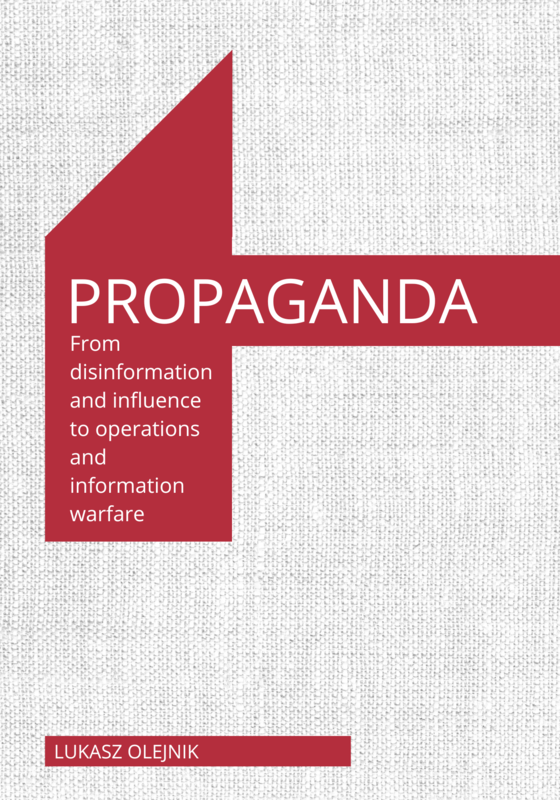We live in the information age. We are subjected to stimuli or informational influences in various forms. It can be text, sound, images, videos. Posts in social media, articles, news. Made by a wide variety of creators, authors, institutions, organisations, manufacturers, services operating openly or covertly.
Developments in technology are accelerating the pace of change. Content creation and delivery is constantly evolving, with new content creation methods and delivery channels emerging. Sometimes with great precision. Artificial intelligence (AI, LLM) methods are increasing the possibilities of content generation.
Disinformation, trolls, bots, information influence, psychological operations. All this needs to be put in precise order. There is a need to put the subject in order. And in context.
The information impact in the third decade of the 21st century culminates in two events. The first was the COVID-19 pandemic, when the information impact was very prominent. On the one hand, pervasive information and news about the threat, the risks. Or the "how to stay safe", to recall only the memorable reports about "how long the virus survives on wooden surfaces" (and others). Fear, confusion. Information overload. On the other hand: attempts at abuse, also by methods of disinformation.
The second such event became the war in Ukraine. This is when war propaganda and information warfare came back into use, used on a daily basis. Russia used propaganda inside and outside its country. Likewise Ukraine. Likewise any country involved in some way in supporting parties to an armed conflict. In war it is all but natural (and necessary) to resort to such methods.
This war is undoubtedly one of the moments when we were once again reminded of the existence of propaganda methods in their pristine form. These influenced the public's perception of information, but also that of the military and politicians. Whether and how many right or wrong decisions were made as a result of propaganda-I leave it to the judgement of the reader of the book.
In response to technological change, the topic of information impact needs to be sorted out in earnest. And in this age, now is the right time to do so. I'm putting this puzzle together with a handbook right for our times.
In response to this necessity, I wrote the book PROPAGANDA: From disinformation and influence to operations and information warfare (CRC Press/Routledge, 2024). I explain the origins of the meaning and phenomenon of propaganda. Where it came from and how it has changed over the centuries and years. I touch on technology (including AI), advertising (commercial issues), legal, political and diplomatic, and military topics. Just a slice of the topics covered:
- How to build a bot farm.
- How to use AI/LLM methods to create a system for information operations.
- When is propaganda perfectly legal and when is it less so, or when is it even a crime against humanity.
- How States were and are influenced.
- How war propaganda is used (e.g. creating a positive image in states of joining wars), and psychological operations.
- What psychological effect on society might the detonation of a tactical nuclear weapon entail?
- Why is the all-too-frequent "disinformation is not new" not really proper as an often used disclaimer?
The book is expert and written in an academic format, with references, citations and so on: I stand on the shoulders of giants. This is a guarantee of quality, and a signal to the reader. I spent a lot of time on the research. That said, it is written in a clear and coherent manner. You will understand it.
I recommend the book to security and cybersecurity experts (in all fields, both technical and less so), government officials, politicians, company executives (reputation protection?), academics as well as students of technical (computer science) and social sciences (defence, strategic studies, and so on!). And any adept interested in the subject.
Enjoy your reading. Preorders start in September.
Let me also add that plenty of interesting people and organisations are concerned with disinformation and propaganda. The World Economic Forum's Global Risks (2024) report identifies disinformation and the propagation of misinformation as a major risk. According to the NATO Strategic Foresight Analysis 2023 report, political or social unrest caused by the uncontrolled spread of disinformation can constitute a strategic shock. According to a report by the European External Action Service, almost any organisation or institution can expect hostile information activity.
